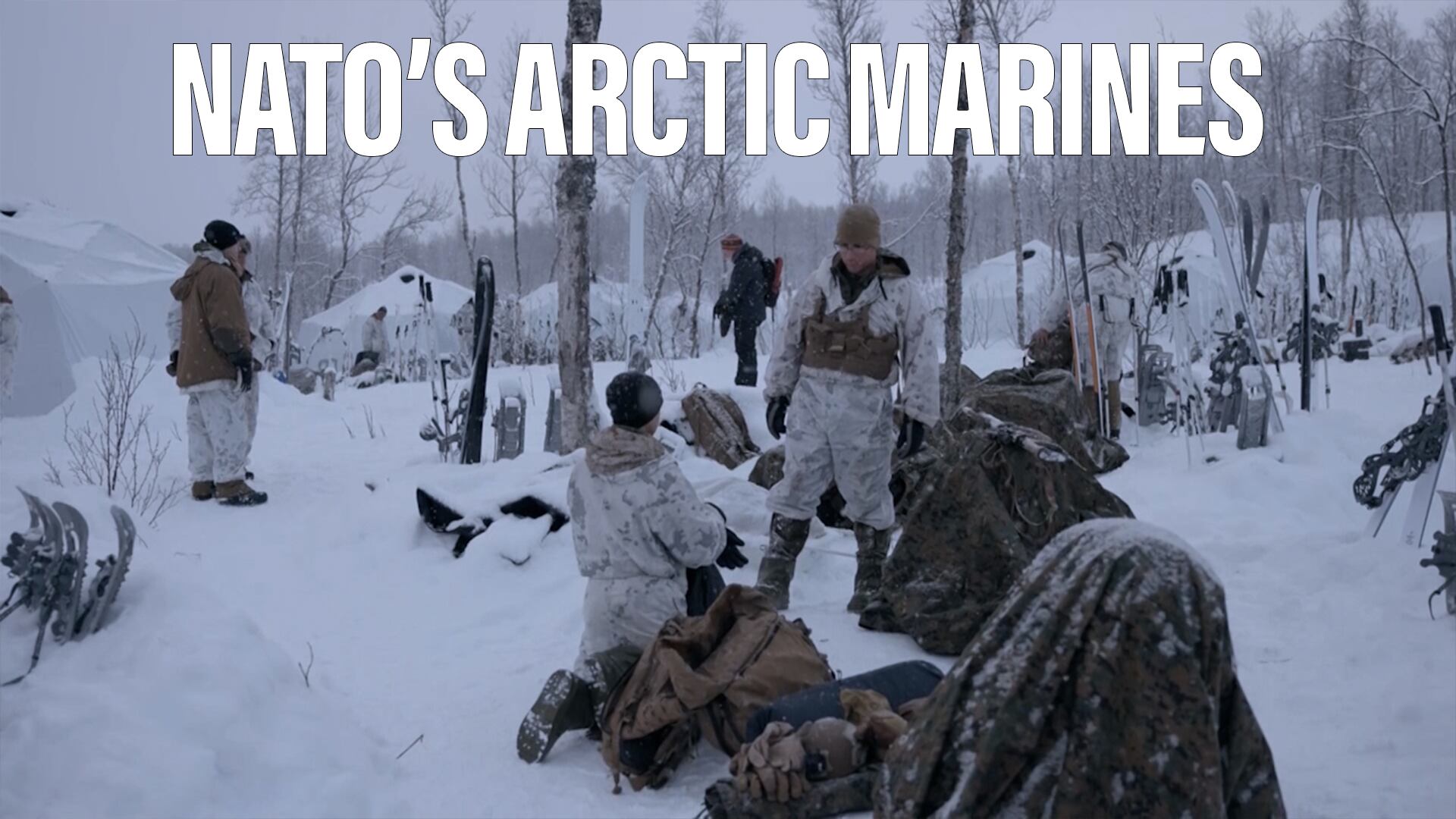Forbes, who chairs the House Armed Services Committee's seapower and projection forces subcommittee, told an audience gathered at the Center for International and Strategic Studies that the government has spent too much time "tiptoeing around" the China issue rather than laying out how to deal with the rival nation.
While Forbes praised the focus on the Pacific put forth by the Obama administration, he said it has not been backed up by a cohesive strategy or metrics that are able to define progress on the core issue — whether US interests are winning out in the region, or if Chinese interests are.
"I'm not talking about military victories, I'm not talking about a zero-sum game. I'm talking about simply a definition of what 'win' is. And I don't see that [from the US]," Forbes said.
In comparison, Forbes said, China has a clear strategy of "controlled friction," where they push against their neighbors and slowly expand their power — a situation highlighted by the expansion of reclaimed territory in the South China Sea.
"No matter what anybody says, our friends in China feel they have strategy — and they do — and they feel they have a winning strategy, or at least their goal is to win," he noted.
He also pointed to the constant interchange of the much ballyhooed "pivot to the Pacific," which was quickly renamed a "rebalance" to the region — with Pentagon and administration officials vacillating between the two in the last several years — as an example of how the US seems unable to articulate its goals.
Part of the challenge identified by the congressman is a hesitancy on the part of the US to speak openly about China as a competitor.
"It's almost taboo to talk about competition with China. It's like if we pretend there is no competition, there won't be any competition," Forbes told the audience. "Competition is OK. It doesn't mean we are enemies. It just means we have a competition."
One thing that would help the issue, Forbes said, is the passage of the Trans-Pacific Partnership (TPP) bill put forth by the Obama administration. Experts have said the TPP represents a political tool for forging relations in the region that can help counter China, something Forbes hinted at in his commentary.
"The United States has an incredible ability to build coalition that many other countries don't have, and I have not yet seen China being able to put together that kind of coalition building," Forbes said.
He added that efforts to build allies' capacity in the region will get a boost if funding to train and equip regional partners comes through the conferencing process for the National Defense Authorization Act — which, he predicted, it likely will.
Though Forbes did not specify which money he was referring to, it was likely a reference to a pot of $425 million included in the Senate version of the NDAA, available to help develop partner maritime security in Indonesia, Malaysia, the Philippines, Thailand and Vietnam.
Email: amehta@defensenews.com
Twitter: @AaronMehta
Aaron Mehta was deputy editor and senior Pentagon correspondent for Defense News, covering policy, strategy and acquisition at the highest levels of the Defense Department and its international partners.








